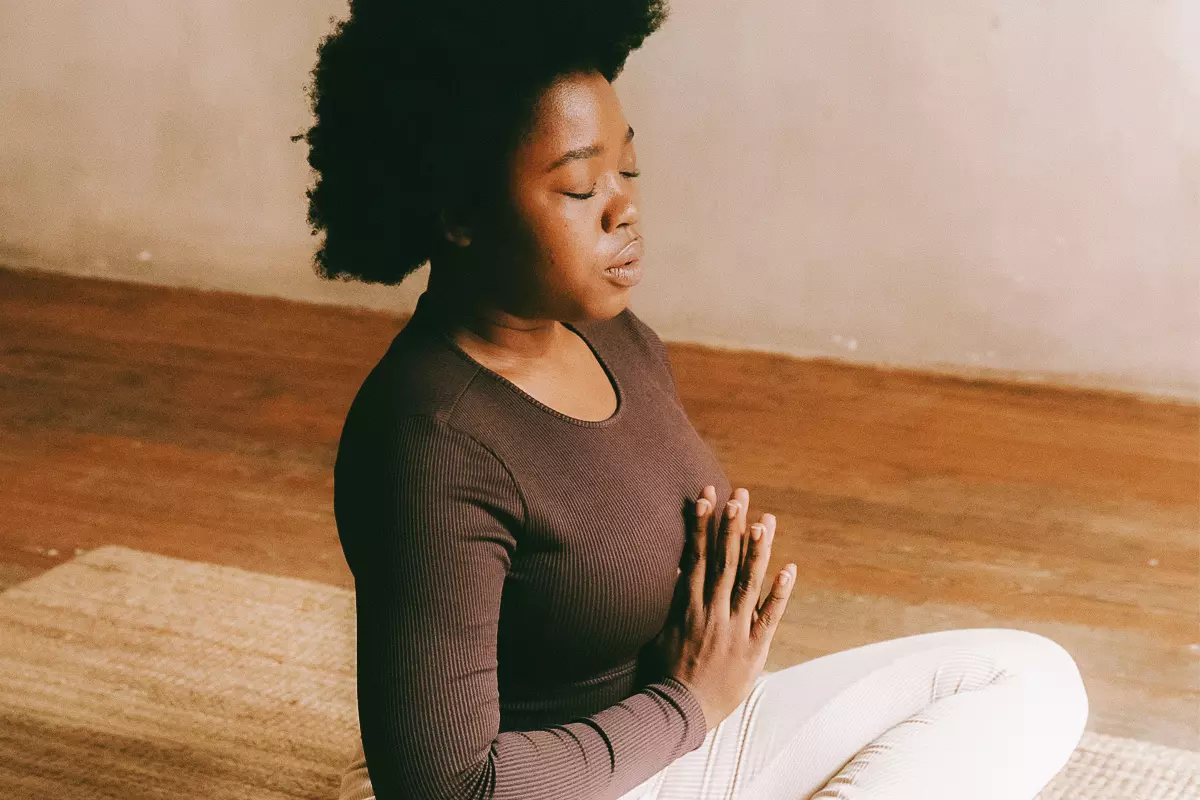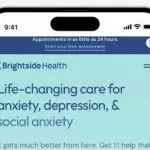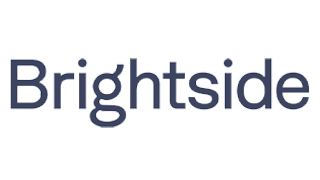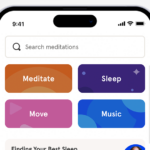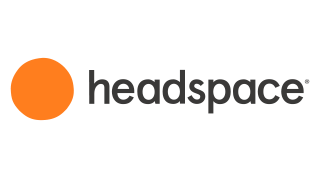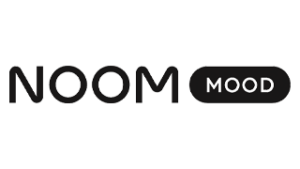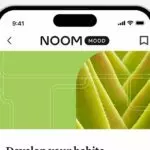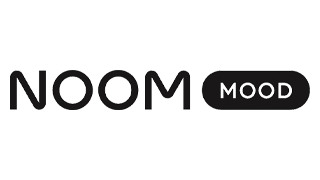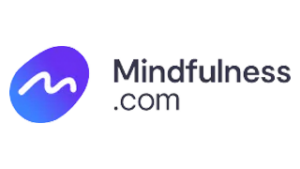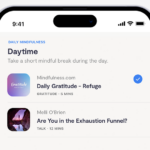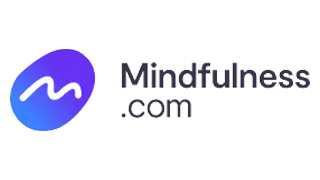Table of Contents
- We spent more than 7,500 hours researching over 70 mental health support sites and platforms so far, including mental health apps, online therapy platforms, and mental health provider networks and directories.
- Our testers tested each platform for at least four weeks, focusing on the sign-up process, therapist selection, therapy session quality, and customer service interactions. We surveyed over 1,200 online therapy users, held focus group interviews with both users and therapists and consulted over 60 mental health experts.
- We conducted in-depth usability testing on over a dozen mental health apps, evaluating factors like user interface, content quality, engagement features, and data privacy practices.
Learn more about how we tested mental health apps.
Key takeaways
- Brightside is our top pick for the best mental health app as it uniquely combines access to licensed therapists with self-guided mental health tools, making it a well-rounded option for those seeking therapeutic guidance and app-based support.
- Mental health app subscriptions range from $12.99 to $349 per month, depending on the app and its features. Some apps also offer free trials.
- Our team thoroughly tested over 30 mental health apps by signing up, using the app for at least four weeks, and evaluating factors like the app’s interface and content.
- We also surveyed over 1,2000 users and consulted with mental health experts.
Each person’s mental health journey is different, as are the tools that can help people manage their mental and emotional well-being. Mental health apps, a helpful addition to therapy, are smartphone-based programs that teach people skills to reduce stress and improve their overall emotional health. The HelpGuide Handbook team examines all available options to determine the best online therapy platforms and mental health apps. Then, we sign up and test them ourselves so you can use our information to make the best choice for your needs.
We spent over 7,500 hours researching and testing mental health resources, including in-depth testing of dozens of mental health apps.
Here are the four we recommend.
4 best mental health apps of 2024
- Brightside: Best mental health app with online therapy option
- Headspace: Best for meditation
- Noom Mood: Best for stress relief
- Mindfulness.com: Best for mindfulness
Data privacy on mental health platforms
Mental health apps can be a valuable tool for managing your well-being, but safeguarding your information is crucial! Here are some key privacy tips we’ve gleaned from the U.S. Department of Health and Human Services (HHS) and Mozilla Foundation’s Privacy Not Included project, alongside insights from our own research:
- When attending online therapy sessions, be sure to use private Wi-Fi. Avoid public Wi-Fi networks, as these can be vulnerable to “eavesdropping.”
- Whenever possible, use your personal computer or phone for online therapy and apps. Avoid using computers that are regularly accessed by others that you may not know or trust.
- During sign-up, be vigilant for checkboxes allowing you to opt out of data tracking or medical information sharing.
- Create a dedicated email address specifically for your mental health app accounts. This compartmentalization prevents all your information from being stolen if one of your accounts is hacked.
- Choose a strong, unique password for any mental health apps you use. Avoid easily guessable information like pet names. Preferably, use a password manager to generate and store complex passwords.
- Before committing to a mental health app, thoroughly review its privacy policy. This document outlines how the app collects, uses, and shares your data. A good mental health app will follow HIPAA guidelines to protect you and your information.
Brightside: Best mental health app with online therapy option
Why Brightside is our pick for best mental health apps with online therapy option
Brightside is our top mental health app pick for people seeking one-to-one online therapy or online psychiatry. The Brightside app is a portal for connecting with your therapist through video or audio sessions, texts, or live chat. The app also offers self-guided therapy lessons, self-care videos, symptom and mood tracking, and crisis resources.
Who should consider Brightside: Brightside is a good fit for those seeking a comprehensive approach to mental health, combining self-guided tools with therapist-led sessions.
Who should consider other options: It isn’t ideal for people in crisis situations needing immediate help or those with severe mental health conditions.
Brightside tester insights
Brightside is an online therapy platform offering weekly one-on-one sessions with a therapist and a mobile app with self-guided video lessons and symptom tracking. Brightside will match you with a therapist based on your needs and preferences, but you have the option to switch providers. Our tester didn’t feel a connection with her first therapist and was able to easily switch to a therapist she liked better.
The Brightside app connects you to live sessions with your therapist and offers additional features to support your therapy work. Users can watch videos with daily tips for practicing self-care and take self-guided therapy lessons on topics like emotion-driven behaviors and recognizing physical sensations. Each guided lesson ends with prompts and homework you can complete on your own and possibly share with your therapist.
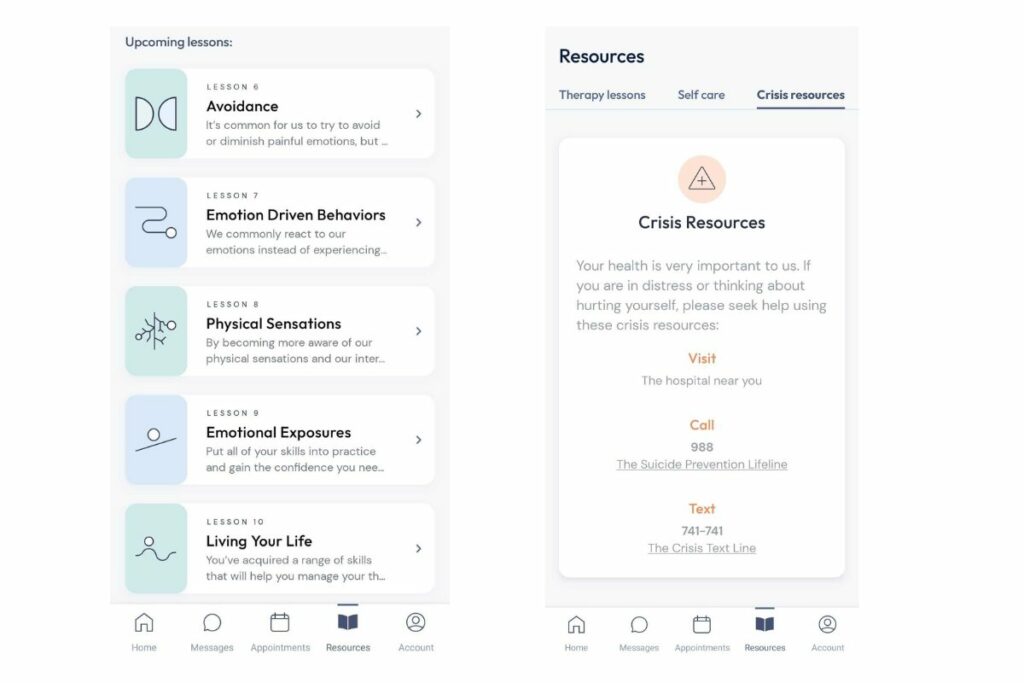
Another key feature of the Brightside app is its symptom-tracking feature, which allows users to see improvement over time or adjust their treatment if necessary. Symptom tracking can help build self-awareness, which studies have linked to relationship satisfaction and goal attainment.
Gaining insight and awareness into our own habits and unconscious patterns is crucial to stability and improving overall health (in this case, mental health). App features that can track and securely store this information, offer reminders and encouragement to log information, or provide visuals to represent patterns are very helpful.
Itala Azzarelli, LCSW, ACDCS
Like the other mental health apps we reviewed, the tracking and reflection features in the Brightside app are particularly helpful when used jointly with one-on-one therapy. We recommend the Brightside app for anyone who is motivated to improve their mental health with tools like self-reflection and symptom tracking, but also needs the support of weekly therapy sessions.
Our testers noted that the Brightside app is easier to use than the desktop version of the platform. The interface is user-friendly and makes it easy to join sessions and take assessments. We also appreciate the graphic features within the app, which make it easier to visualize your progress and remember self-care tips.
From one of our Brightside testers:
“The app is awesome. I love the short videos you can do between sessions to work on managing stress and anxiety.”
What other Brightside users say
Our October 2023 survey of online therapy users revealed strong user satisfaction with Brightside. A whopping 86% of respondents rated their overall experience with Brightside a 7 or higher on a 10-point scale. Users frequently praised their therapists’ respectful and supportive nature while also commending the platform’s user-friendly technology and intuitive design.
To learn more, read our Brightside review.
Headspace: Best for meditation
Why Headspace is our pick for best for meditation
Headspace is our top pick for mental health apps for meditation. We like that it’s affordable and offers different plan options. For example, the Family Plan provides meditation and mindfulness support for everyone in the family, from kids to adults. You can use Headspace to access hundreds of guided meditations, breathing exercises, and podcasts. This app is ideal for people looking to start a daily meditation practice.
Who should consider Headspace: Those looking to build a meditation practice or hoping to find new ways to calm their mind can benefit from Headspace’s large library of guided meditations, breathing exercises, and more.
Who should consider other options: If you’re easily overwhelmed, or prefer a more streamlined, simple approach to learning more about mindfulness and meditation, then Headspace may not be a good fit for you.
Headspace tester insights
The primary focus on Headspace is meditation, which has been shown to reduce blood pressure and improve symptoms of depression, among other benefits. To get started with the app, choose a plan (monthly or annual billing) and create an account. Each plan comes with a free trial—seven days for the monthly plan and 14 days for the annual plan. Though you’ll be prompted to enter payment information, you can cancel before the free trial ends.
Inside the Headspace app, you’ll find a Today tab, an Explore tab, and a tab with a personal profile icon that tracks your stats (average meditation length, total meditation time, and number of meditations completed).
The Today tab creates a daily agenda. On their first day using the app, our tester’s Today tab included four videos for the morning:
- Mindful Activity: Enjoy Five Deep Breaths (one minute).
- The Wake-Up: The Miraculous Migration of Salmon (three to seven minutes).
- Today’s Meditation: Present-Moment Awareness (three to 20 minutes).
- Course: Basics (three to 10 minutes).
They also had one session scheduled for the afternoon and one for evening. Our tester, who is new to mediation, initially found the daily scheduling overwhelming, saying. “I feel like I could handle a morning meditation, but having a whole agenda is crazy to me.”
For users who don’t want to follow a daily agenda, the Explore tab allows you to browse through the app’s four types of activities:
- Meditate (guided meditations).
- Sleep (sleepcasts and bedtime meditations).
- Move (physical activities like mindful cardio and yoga).
- Music (soundscapes, white noise, and meditations).
Our tester appreciates the daily breathing and Basics videos, which discuss common experiences people encounter in the early stages of mediation. “The speaker talks about how other thoughts arising are normal, especially in the early stages,” our tester says, “But instead of harping on these thoughts, you should simply let them pass like you are watching cars go by on a road. I find this comparison helpful and enjoyable.”
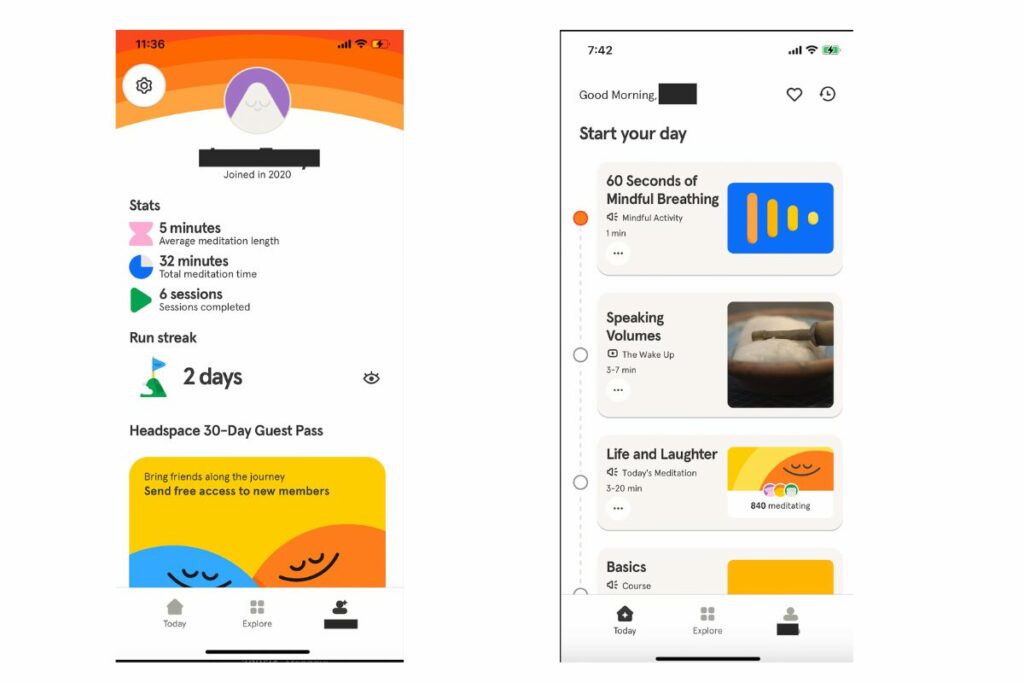
What other Headspace users say
One Headspace user who has been a member since 2020 tells us, “I was going through mental health struggles and started using Headspace due to a doctor’s recommendation.” He found the meditation guidance extremely helpful at first and used the app almost daily. “As I felt better, I began doing more meditations without guidance,” he says. Today, he uses the app about once per month. “I think having guidance at the start of your meditation journey is invaluable, and Headspace gives great guided meditations.”
Another user shares that he wished Headspace had more custom options. “The app I’m using now has daily mood check-ins,” he shares. “I like when your daily agenda is revised based on your responses to the check-in. Headspace has great mediations, but they’re not super personalized.”
While we haven’t tested Headspace’s content for kids yet, parents can help their children access mindful breathing exercises, sleep meditations, and short lessons on managing their feelings. Headspace for Teens is free for teenagers ages 13–18.
Noom Mood: Best for stress relief
Why Noom Mood is our pick for best mental health app for stress relief
We picked Noom Mood, a program created by Noom, as our top mental health app for stress relief because it guides the user through a pre-set curriculum of proven cognitive behavioral therapy (CBT) based stress-reduction techniques. The app aims to teach stress management and mindfulness skills in just 10 minutes per day. We like that Noom Mood provides access to a personal coach (human, not a bot).
Who should use Noom Mood: Those seeking a structured, CBT-based approach to stress management with daily guidance, activities, and optional coaching.
Who should not use Noom Mood: Noom Mood isn’t ideal for users who prefer a more flexible, self-directed approach to stress management.
Noom Mood tester insights
To start with Noom Mood, you’ll complete a short survey about your personal mental health, sources of stress, and specific mood-related goals. You’ll receive a mini report on your stress level and be prompted to enroll in the four-month personalized plan. You can start with a seven-day trial with a pay-what-you-can structure starting at just 50 cents. After the trial, your four-month paid subscription will begin. You can cancel anytime, but you may not get a refund for the weeks or months you don’t use.
On day one, Noom Mood dives right in, introducing the user to each of the 10 tools it will teach, including taking control of stress, accepting what you can’t change, saying no, and creating space for positive experiences. Our tester enjoys the app’s breathing exercises and mindfulness lessons. You can also choose whether or not you’d like a Noom Mood coach. Once our tester requested one, a coach reached out within a day to introduce herself and share availability. Our tester’s coach is responsive to messaging, though typically only during work hours.
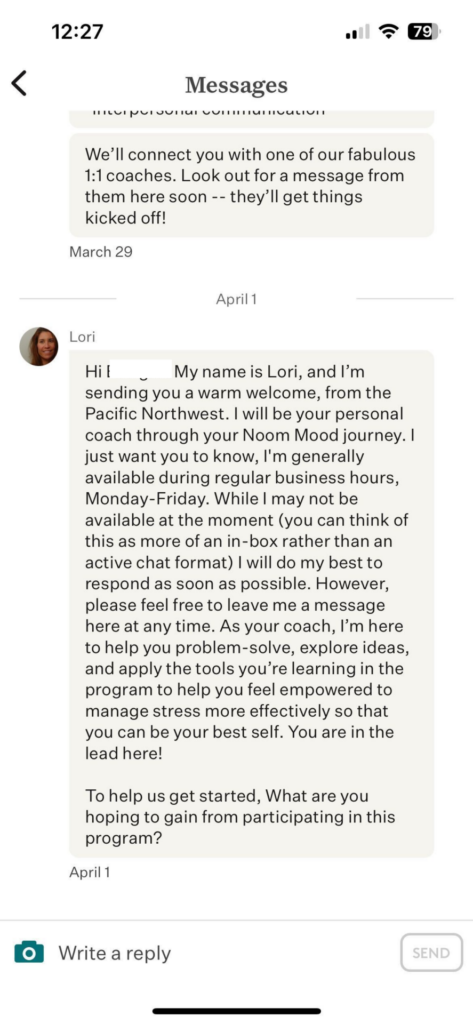
What sets Noom Mood apart is its CBT focus and its pre-set curriculum of actionable tips and tools broken out into small daily reads and activities. “Once well-versed in CBT skills,” Azzarelli shares, “a client will become their own teacher.” Azzarelli refers to this process as cognitive restructuring, “a term used to denote the process of becoming aware of unconscious thoughts and habits that keep us stuck and then learning to respond to these events or experiences differently.” Because the lessons in Noom Mood build on each other, users may need to commit to the full four months to experience the app’s full benefits.
From one of our Noom testers:
“Noom’s daily lessons are full of empathy and understanding. The plan goes out of its way to first put itself in the user’s shoes.
The coach works with me to make sure I’m getting everything I can out of the app, to follow up with me about using the skills I’m learning, and to encourage my progress-it’s like an accountability check”
What other Noom Mood users say
Many users think of Noom as a weight-loss app, which uses a science-based approach combining psychology and human coaching to help users shed pounds. Noom Mood leverages this same expertise to tackle stress reduction. If you’ve found success with Noom’s weight-loss program, Noom Mood’s stress-management tools may be a natural fit for you. If you’re considering Noom for weight loss, read our Noom review.
Mindfulness.com: Best for mindfulness
Why Mindfulness.com is our pick for best mental health apps for mindfulness
Unsurprisingly, we picked the Mindfulness.com app as the best mental health app for mindfulness. This affordable app has hundreds of hours of content organized into a curated daily program of guided meditations, podcasts, and readings. We like that the app is personalized and includes talks and readings by renowned authors and global mindfulness leaders.
Who should consider using Mindfulness.com: Those seeking a comprehensive mindfulness toolkit with personalized recommendations, on-the-go practices, and content for various needs (sleep, focus, etc.). It can also be a useful adjunct to therapy.
Who should consider other options: If you already have a meditation or mindfulness practice, Mindfulness.com may not be the best fit for you. The app is geared mainly towards beginners.
Mindfulness.com tester insights
Like our Headspace tester, our Mindfulness.com tester initially found the app overwhelming. “There is quite a lot of content in one place,” she says. “So it feels like a lot, especially for someone who already has anxiety.” The app did guide our tester through a series of questions to streamline the kind of content she wanted to see, which made the app feel more manageable.
The app is organized into four different tabs, each with a unique set of features:
- For You: A personalized schedule organized by time of day (Morning, Daytime, Evening) with a curated mix of meditations, gratitude practices, and talks. You can customize what shows up in his tab by answering the daily inquiry: “How are you feeling today?” When our tester reported feeling tired and overwhelmed, the app recommended two practices focused on self-care and a talk called “Are You In an Exhaustion Spiral?”
- Mini: Quick and easy mindfulness practices to do throughout the day, such as three-minute gratitude reflections.
- Meditate: Search meditations by topic, teacher, or type (some are guided, and some are silent with simple timers).
- Sleep: Find meditations and relaxation practices to help you prepare for sleep.
- Radio: Wellness podcasts, playlists, and daily mixes with themes like Focus and Wisdom.
Our tester appreciates the app for encouraging her to fit mindfulness exercises into her hectic life. “Today was really busy, and I didn’t have a lot of time to engage with the app,” she says. “But during my kid’s soccer practice, I found a quiet spot on some bleachers, put in my headphones, and did a 10-minute mindfulness meditation on gratitude. I truly felt so much better afterward.” She doesn’t like that the app asks her to rate every meditation or exercise as soon as she finishes it. “It sort of takes me out of the moment and is distracting in a way I don’t like.”
Our tester finds the Mindfulness.com app to be a useful addition to her monthly therapy sessions. Thrive Psychology founder and licensed psychologist Charlynn Ruan also recommends mental health apps as useful complements to therapy. “Many of my clients use apps for meditation, sound baths, or listening to sleep stories at night,” she says. “I encourage clients to use these apps, and we discuss them in sessions as part of their weekly routine for self-care and wellness.”
Other mental health apps to consider
Though these mental health apps didn’t make our list of top recommendations, they may be right for your particular situation.
Like Headspace and Mindfulness.com, Calm is geared towards getting better sleep, reducing anxiety, and gaining mindfulness. You can use the app to meditate, listen to sleep stories, take mindfulness lessons, or engage in movement practices. Calm offers a seven-day free trial and a monthly plan for $14.99 or an annual plan for $69.99.
Happify is similar to Noom Mood’s science-based approach to overcoming negative thoughts and relieving stress. The app guides you through a series of programs inspired by CBT and positive psychology. Join Happify for $14.99 per month or $139.99 per year. Happify does not offer a free trial, but the app does include some free content.
How we test and choose the best mental health apps
The Handbook Team has researched over 70 mental health support sites and platforms so far, including mental health apps, online therapy platforms, and mental health provider networks and directories. We determine the top platforms through our research, and then sign up for and test them ourselves. Here’s what we do with each online therapy platform and mental health app we test:
Our testers are instructed to test the platforms through the lens of a real user. Each tester logs their experience in a diary and comes together to share their findings when testing is concluded. To better understand each app’s benefits and limitations, we also survey hundreds of online therapy users and talk to real mental health app users about their experience.
First-hand testing experience
To give you an unfiltered look at today’s mental health apps, we recruited a nationwide team of testers. Each dove headfirst into the apps for four weeks, exploring their features and functionalities. Our testers assessed the apps from a user’s standpoint, focusing on how easy they were to navigate and find the right tools. Throughout their experience, testers kept detailed journals, documenting their thoughts on each app.
Focus groups
In order to better understand the needs of users in the mental health space, we conducted focus groups with two key demographics. Firstly, we consulted online therapists to gain insight into the advantages and disadvantages of teletherapy, as well as the platform features that enhance the client experience. Secondly, we engaged with current users of online therapy and psychiatry platforms to understand their decision-making process. By learning about the factors that influenced their choice of app, we were able to identify the functionalities and content that are most valued by users.
Mental health experts
A group of seasoned mental health professionals offered insight on mental health apps for this article, helping us ensure that it contains up-to-date information and expert knowledge.
Learn more about our mental health platform testing and review methodology.
In a mental health emergency:
Online therapists or mental health apps may not be the most appropriate resource to help in a mental health crisis. If you or someone you know is a danger to themselves or others around them, it is an emergency and cannot wait.
Don’t wait. You can find help immediately by:
- Visiting urgent care
- Calling or texting 988 for the Suicide & Crisis Lifeline
- Chatting online at 988lifeline.org
- Calling the Substance Abuse and Mental Health Services Administration (SAMHSA)’s Helpline at 1-800-662-4357 or text your zip code to 435748
All the above options will connect you with trained professionals who can provide crisis support. You can find even more resources, including international options, on our helpline directory page.
What type of mental health apps are available?
Mental health apps are a huge category, with many apps focusing on different aspects of mental well-being. Here’s a breakdown of some common types of mental health apps:
- Therapy apps: Connect users with licensed therapists for online sessions. They’re a good option for those seeking traditional therapy online.
- Meditation & mindfulness apps: Provide guided meditations, breathing exercises, and other practices to help reduce stress and promote relaxation.
- Self-help apps: Apps focused on self-help provide tools and resources to help users manage stress and develop coping mechanisms. They often also offer exercises targeted at anxiety, depression, and other common disorders.
- Mood-tracking apps: These apps allow users to track their moods, emotions, and triggers over time. They aim to identify patterns and develop strategies for managing mood swings.
- Sleep apps: Often aimed at insomnia and other sleep disorders, sleep apps offer tools to help improve sleep quality, such as relaxation techniques and guided meditations for sleep.
Questions to ask before choosing a mental health app
The right mental health app for you may not be the best choice for someone else. Factors like budget, mental health needs, and learning preferences play a part in how effective an app can be.
Itala Azzarelli, a licensed clinical social worker, suggests considering the following questions before choosing an app:
- What level of support do you need right now? People with acute mental health symptoms need to get help immediately. While a mental health app may be a useful tool for someone struggling with mental health issues, they’ll want to use it as a complement to one-on-one therapy.
- What do you want to get out of the app? If you want to learn to meditate, an app like Mindfulness.com or Headspace might be a great fit. A tool and technique-focused app like Noom Mood might be your best bet if you want to develop healthier habits. If you want to start regular therapy sessions, choose a platform with a combination of therapy services and in-app self-reflection features, like Brightside.
- What is the cost of the app? Budget is an important part of the discussion when it comes to mental health care. Determine how much you can afford to pay and whether or not your insurance will cover the service. If the app has a free trial, use the free days to explore whether or not an app is right for you.
- What have other people found to be helpful about this app? Read reviews and talk to friends and family to find out what they like and don’t like about mental health apps they’ve used. If you’re already working with a therapist, ask them what mental health apps they recommend.
What can mental health apps help with?
Studies have shown that mental health apps can be helpful interventions for people living with depression and anxiety, either as stand-alone tools or in conjunction with therapy. However, mental health apps may not be ideal for everyone.
If you enjoy self-guided programs and are motivated to change habits and make lifestyle adjustments, mental health apps may be very useful. However, Raun shares that “for those who have severe symptoms and need a higher level of care,” mental health apps may be less effective unless used in conjunction with regular mental health treatment with a professional.
When to seek professional help
While mental health apps offer a wealth of resources and support, there are times when seeking professional help is the best course of action. Here are some key indicators you may need help beyond what an app can provide:
- Overwhelming symptoms: If you are experiencing symptoms like anxiety, depression, or trauma that are significantly affecting your daily life and ability to function, it’s important to seek professional support. A therapist can offer personalized guidance and create a treatment plan that suits your needs.
- Safety concerns: If you’re having thoughts of self-harm or suicide, it’s time to move beyond apps and seek professional health. A mental health professional can provide critical support and connect you with resources to ensure your safety.
- Lack of progress: If you’ve been using self-help tools or apps for a while and haven’t seen any improvement in your mental health, it might be a sign that you need a different approach. Sometimes, these apps just don’t work as intended for all people!
- Crisis situations: During acute emotional distress or crisis situations, such as the sudden loss of a loved one or a traumatic event, professional intervention is crucial, especially if you’re already experiencing difficulties.
Our final verdict
In our quest to find the best mental health apps, Brightside emerged as our top pick for users seeking a comprehensive and accessible platform. Brightside goes beyond meditation, offering a gateway to personalized therapy, medication management, and expert guidance—all conveniently delivered through its user-friendly app.
We delved into various mental health app categories, from mindfulness apps like Headspace to CBT-based stress reduction programs like Noom Mood. Whether you’re looking for on-demand therapy sessions, tools for managing anxiety and depression, or resources to improve sleep and emotional awareness, there’s a mental health app designed to fit your specific needs.
It’s important to remember that mental health apps are companions on your wellness journey, not a replacement for professional help. If you’re struggling with serious mental health concerns, a licensed therapist or psychiatrist can provide the personalized support and evidence-based treatment plans necessary for long-term progress.
Compare the best online therapy platforms of 2024
| Best for | Combining 1:1 therapy and guided mental health support in one app | Meditation | Stress relief | Mindfulness |
| Monthly Cost | $95–$349* | $12.99 (or $69.99 annually) | $37.25 (four-month auto-renew plan for $149) | $16.99 (or $84.99 annually) |
| Free Trial | No | Yes | No | Yes |
| Works with | iOS and Android | iOS and Android | iOS and Android | iOS and Android |
*This app can only be used in conjunction with the 1:1 therapy offered on the platform.
Frequently asked questions
Research has shown that mental health apps can be effective in managing symptoms of certain conditions, including depression and anxiety. Many experts agree that mental health apps are especially effective in conjunction with other mental health treatments like therapy.
HIPPA laws that protect patient health information apply to all healthcare providers and insurance companies, but they may not apply to all aspects of mental health apps. Privacy and data-sharing practices will vary by platform. Be sure to read the privacy policy of each app you use.
Mental health apps that include live therapy sessions with a mental health provider typically cost $260–$400 per month. With insurance, you can see a provider for the cost of your copay, which could be as low as $30 or less per weekly session ($120 or less per month). Self-guided mental health apps typically start at $12.99 per month. Choosing an annual membership may save you money over the course of a year.
While mental health apps can help build habits and teach mindfulness techniques, most experts do not consider them to be an effective replacement for in-person or online therapy.
- Jerabek, I., Muoio, D., & President, B. A. (2021). I think, therefore I Am. . .Loved: New study looks at benefits of Self-Awareness on relationship satisfaction. ResearchGate. Link
- Kreibich, A., Hennecke, M., & Brandstätter, V. (2020). The effect of Self–Awareness on the identification of Goal–Related obstacles. European Journal of Personality, 34(2), 215–233. Link
- Bhasin, M.K., Denninger, J. W., Huffman, J. C. (2018). Specific Transcriptome Changes Associated with Blood Pressure Reduction in Hypertensive Patients After Relaxation Response Training. The Journal of Alternative and Complementary Medicine (New York, N.Y.), 24(5), 486–504. Link
- Jain, F. A., Walsh, R. N., Eisendrath, S. J., Christensen, S., & Cahn, B. R. (2015). Critical analysis of the Efficacy of meditation therapies for acute and subacute phase treatment of depressive disorders: a systematic review. Psychosomatics (Washington, D.C. Print), 56(2), 140–152. Link
- Lecomte, T., Potvin, S., Corbière, M., Guay, S., Samson, C., Cloutier, B., Francoeur, A., Pennou, A., & Khazaal, Y. (2020). Mobile apps for Mental health Issues: Meta-Review of Meta-Analyses. JMIR Mhealth and Uhealth, 8(5). Link
- Linardon, J., Torous, J., Firth, J., Cuijpers, P., Messer, M., & Fuller‐Tyszkiewicz, M. (2024). Current evidence on the efficacy of mental health smartphone apps for symptoms of depression and anxiety. A meta‐analysis of 176 randomized controlled trials. World Psychiatry/World Official Journal of the World Psychiatric Association, 23(1), 139–149. Link



